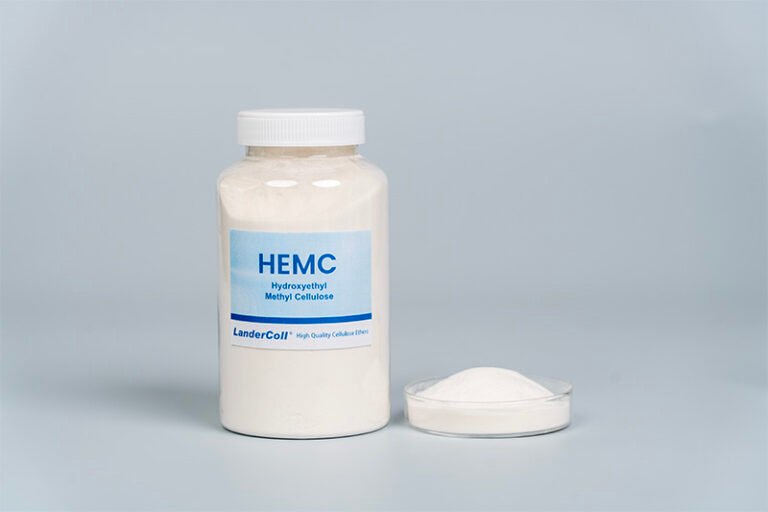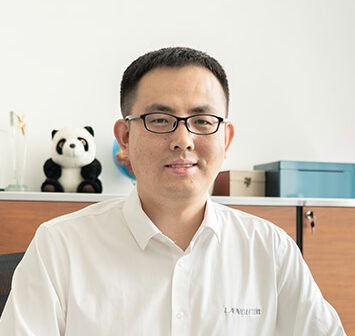
Defoamers are vital additives in the construction industry, helping to eliminate unwanted foam and air bubbles in building materials such as concrete, cement mortar, self-leveling compounds, and gypsum products. These agents improve material density, strength, and workability, ensuring high-quality outcomes in production processes. Selecting a reputable defoamer supplier is essential for obtaining effective, compatible, and sustainable solutions. This article highlights top recommended suppliers, including Dow Chemical Company, Ashland Global Specialty Chemicals, Shin-Etsu Chemical Co., Ltd., Shandong Landu New Material Co., Ltd., Celanese, LOTTE Fine Chemical, and Nouryon, based on their contributions to foam control in construction applications.
When evaluating defoamer suppliers, key considerations include the type of defoamer (e.g., silicone-based, powder, or emulsion), compatibility with building materials, environmental sustainability, and technical support. Suppliers offering specialized formulations for cement and gypsum systems can significantly enhance production efficiency and product performance. High-quality defoamers provide long-lasting foam control across a wide temperature range and are often designed to be eco-friendly, reducing VOCs and supporting green building practices.
Below are detailed profiles of leading suppliers known for their defoamer offerings in the building materials sector:
Dow Chemical Company is a global leader in foam control solutions, offering a range of silicone antifoams and polyglycol defoamers suitable for industrial applications, including building materials. Their products, such as DOWFAX™ DF 141 Defoamer, provide efficient foam suppression in processes like fermentation and material mixing, which extend to concrete and mortar production. Dow’s antifoams are available in emulsion, fluid, and powder forms, ensuring stability and effectiveness in construction formulations.
Ashland specializes in hydrocarbon oil-based defoamers like Advantage™ and Drewplus™ series, specifically designed for ready-to-use construction materials. These products are effective in self-leveling compounds, waterproofing membranes, and cement-gypsum mortars, offering superior foam control without alkylphenolethoxylates (APEO). Ashland’s Drewplus L-3500 and L-3510 foam control agents are tailored for water-based industrial coatings, enhancing performance in building applications.
Shin-Etsu Chemical provides silicone defoamers in various forms, including fluids, emulsions, and powders, known for their high defoaming efficiency even in small amounts. These agents are suitable for functional materials in construction, helping to control foam in paints, adhesives, and mortar systems. Shin-Etsu’s defoamers are versatile for diverse fields, including building materials, with options like self-emulsifying and solvent-based formulas.
Shandong Landu is a key manufacturer of powder defoamers under the NovaStar brand, specifically formulated to suppress foam in cement and gypsum mixtures. Their anti-foaming agents are ideal for construction chemicals, providing effective control in dry mix mortars and other building applications. Landu also offers comprehensive solutions alongside other additives, ensuring compatibility in gypsum and cement-based products.
While Celanese is renowned for polymers and additives in building materials, such as Elotex® redispersible powders for dry mix mortars, their portfolio supports foam-related applications in construction. Their EVA polymers aid in producing foams for insulation, but they also contribute to overall material stability where defoaming is needed in coatings and adhesives.
LOTTE Fine Chemical focuses on green materials for construction, including additives that enhance cement and gypsum products. While primarily known for cellulose ethers like MECELLOSE®, their portfolio supports building applications where foam control is integral, such as in paints and mortars.
Nouryon offers defoamers like Ethylan TB345, an alkoxylated polymer with excellent foam inhibition properties, suitable for cleaning and industrial applications that extend to building materials. These biodegradable agents provide sustainable foam control in surfactants and formulations used in construction processes.
The defoamers market continues to grow, with projections reaching USD 5.05 billion by 2030, driven by demand in construction. Other suppliers may offer complementary products, but the listed companies provide robust options for building materials.
Selecting from top defoamer suppliers like Dow, Ashland, Shin-Etsu, and Shandong Landu ensures reliable foam control in building materials, enhancing quality and efficiency. These providers offer innovative, sustainable solutions tailored to construction needs. We recommend assessing specific requirements and contacting these suppliers for customized advice. For further insights on defoamers in building materials, explore additional resources or connect with these experts to optimize your production.


LANDU is on standby here to help you find the right solution for your needs. Whether you need free consultation, technical guidance, product samples, or logistical support, our team is ready to assist!

Torres brings over 10 years of experience in the chemical and cellulose ether industry, specializing in HPMC applications across the construction, pharmaceuticals, personal care, and food sectors. With a deep understanding of market needs and regulatory standards, he is dedicated to helping customers in Europe find the right HPMC solutions for their unique requirements.

Cynthia combines technical precision with a problem-solving mindset, helping clients resolve challenges and optimize HPMC for their specific needs. She is responsible for quality control, performance testing, and failure analysis of HPMC across multiple industries. Whether you’re testing a new formulation or diagnosing inconsistencies, Cynthia provides data-driven insights for reliable results.

Our team ensures high standard!and flexible solutions for various
customer needs.